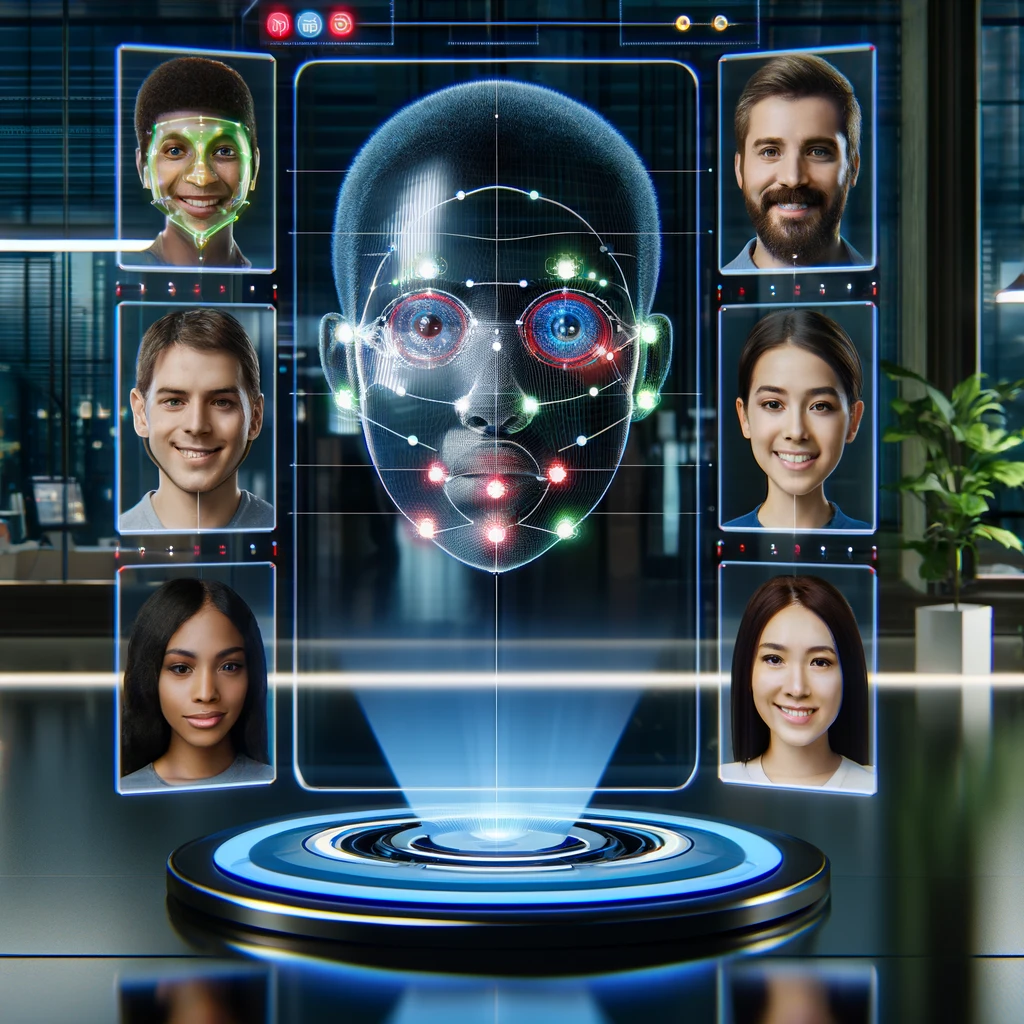Artificial Intelligence (AI) has the potential to transform the world in countless ways. But its rapid advancement has brought with it a range of ethical concerns. The development and use of AI must be guided by ethical principles. This should be done to prioritize transparency, fairness, accountability, and other key considerations. In this blog post, we will explore some of the key principles of ethical AI and how they can be put into practice.
What is Ethical AI?
Ethical AI refers to the development and implementation of Artificial Intelligence systems that are designed to operate in accordance with ethical principles and values. It involves ensuring that AI systems are transparent, accountable, and unbiased, and that they are developed with the goal of benefiting society as a whole. Ethical AI also considers the potential impact of AI on privacy, safety, and human rights, and seeks to minimize any negative effects. It requires a collaborative effort from developers, policymakers, and society as a whole to ensure that AI is developed and used in a way that aligns with ethical principles and values.
4 main principles of Ethical AI
Transparency is one of the most critical principle of ethical AI development. This means being transparent about how AI systems are developed, how they work, and what data they use. Transparency is essential for ensuring that AI is fair, accountable, and trustworthy. It also helps to build trust between organizations and the people who use their AI solutions.
Fairness is another key principle of ethical AI development. Fairness means that AI should not discriminate against individuals or groups based on factors such as race, gender, or age. AI algorithms should be designed to treat everyone equally. And they should be trained on datasets that are diverse and representative of the population they are intended to serve.
Accountability is also a crucial principle of ethical AI development. Organizations must take responsibility for the decisions made by their AI systems and ensure that they are fair and just. This means that organizations should be able to explain how their AI systems work, and how decisions are made. They should also have processes in place to address any biases or errors that may arise.
Another key principle of ethical AI development is privacy. Organizations must ensure that the data used by their AI systems is collected, stored, and used in a way that respects individuals’ privacy rights. They should also have processes in place to protect against unauthorized access, misuse, and data breaches.
On our blog, you can also check out what is emotional data and how to use it.
How to put principles of Ethical AI into practice
To put these principles into practice, organizations should prioritize ethical considerations throughout the entire AI development process. This means involving diverse stakeholders in the development process. Including ethicists, data scientists, and representatives from the communities that will be affected by the AI solutions. It also means being transparent about the data used to train AI algorithms and the criteria used to make decisions.
Additionally, organizations should regularly audit their AI systems to identify and address any biases or errors that may arise. They should also have clear processes in place for individuals to appeal decisions made by AI systems.
Ethical AI development is critical for ensuring that AI is used in a way that is fair, accountable, and beneficial for everyone. By prioritizing principles such as transparency, fairness, accountability, and privacy, organizations can develop AI systems that are trustworthy and beneficial for all. Companies like MorphCast are leading the way in ethical AI development. And it is up to all of us to follow their example and work towards a future where AI is developed and used in an ethical way.




